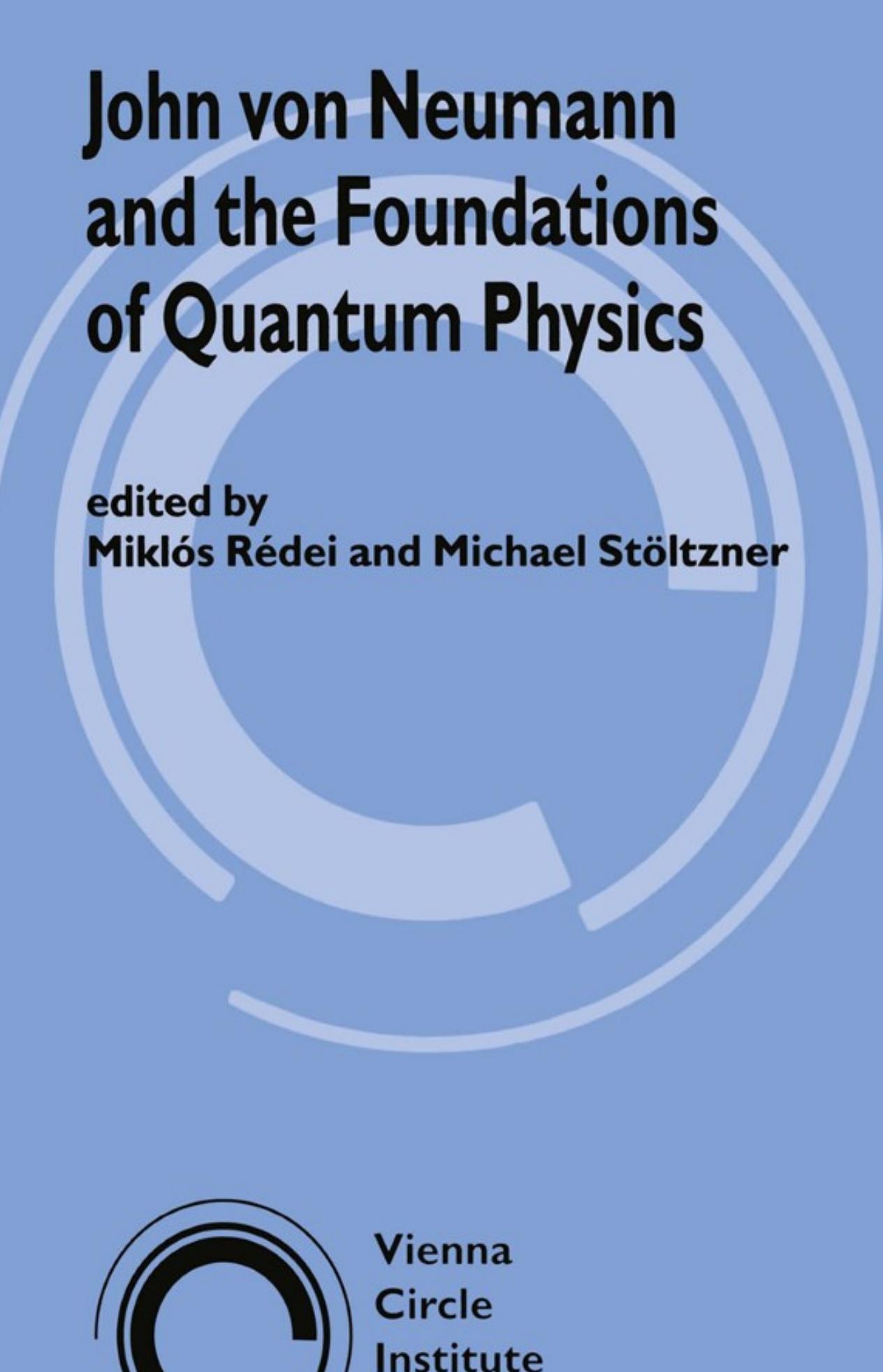
Bonaventura Cavalieri (1598–1647) was an innovative mathematician linked with the Galilei-Castelli mathematical school. Originally named Francesco Cavalieri, he took on his father’s name when he joined the Jesuati order at the age of fifteen. The Jesuati, different from the Jesuits, acted as caregivers during the Black Death, recognized for proclaiming Jesus’s name during their prayers. This order was dissolved in 1668.
At fifteen, Cavalieri became a novice with the Jesuits and later established connections with well-known mathematicians Benedetto Castelli and Galileo Galilei. Galileo praised Cavalieri for his profound grasp of geometry, comparable to that of Archimedes. Despite early challenges, with Galileo’s assistance, Cavalieri obtained a mathematics professorship in Bologna in 1629.
His time in Bologna resulted in the release of eleven publications. Cavalieri’s significant contributions included work on logarithms, featured in “Directorium generale uranometricum” (1632), as well as advancements in trigonometry. Nonetheless, his enduring impact is attributed to his formulation of the “method of indivisibles,” which serves as a precursor to integral calculus. His work, “Geometria indivisibilibus continuorum nova quadam ratione promota” (1635), established foundational principles for calculus, even though it lacked the modern notion of limits.
Cavalieri’s indivisibles faced opposition chiefly from Jesuit scholars André Tacquet and Paul Guldin, who dismissed the idea of actual infinity. In response, Cavalieri defended his indivisibles as a type of relative infinity in works such as “Exercitationes geometricae sex” (1647).
Among his notable accomplishments is “Cavalieri’s Principle,” which assesses volumes based on their cross-sectional areas. His ambition to introduce logarithms to Italy and his unsuccessful efforts to create reflecting telescopes illustrate his varied pursuits. Although his optical investigations received little recognition, his indivisibles methodology greatly impacted the progression of mathematical sciences and calculus, proving essential for further developments in physics. Despite experiencing health problems and a tumultuous career, Cavalieri’s contributions are crucial to the narrative of mathematics.